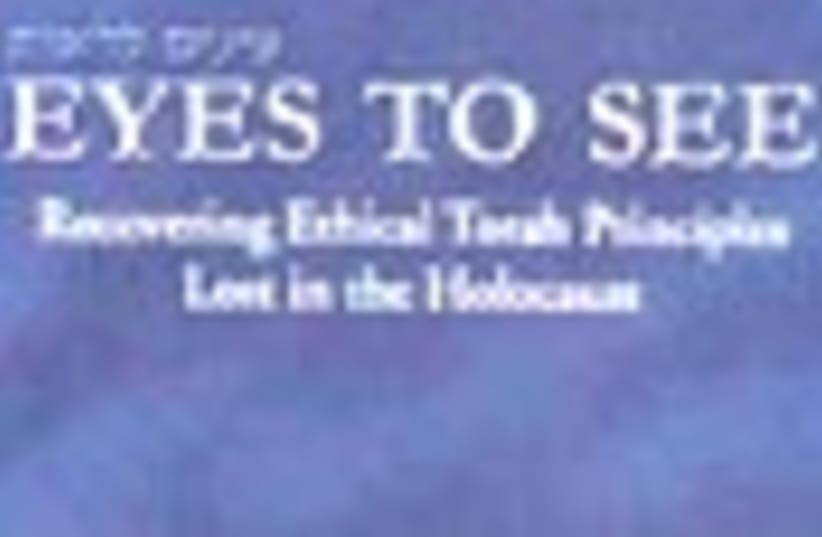| More about: | World Zionist Organization, Jerusalem, Brooklyn, Ukraine |
Haredi self-reflection
Recommendations for the 'new' haredi. Should haredim start waving the stars and stripes from their homes?


| More about: | World Zionist Organization, Jerusalem, Brooklyn, Ukraine |